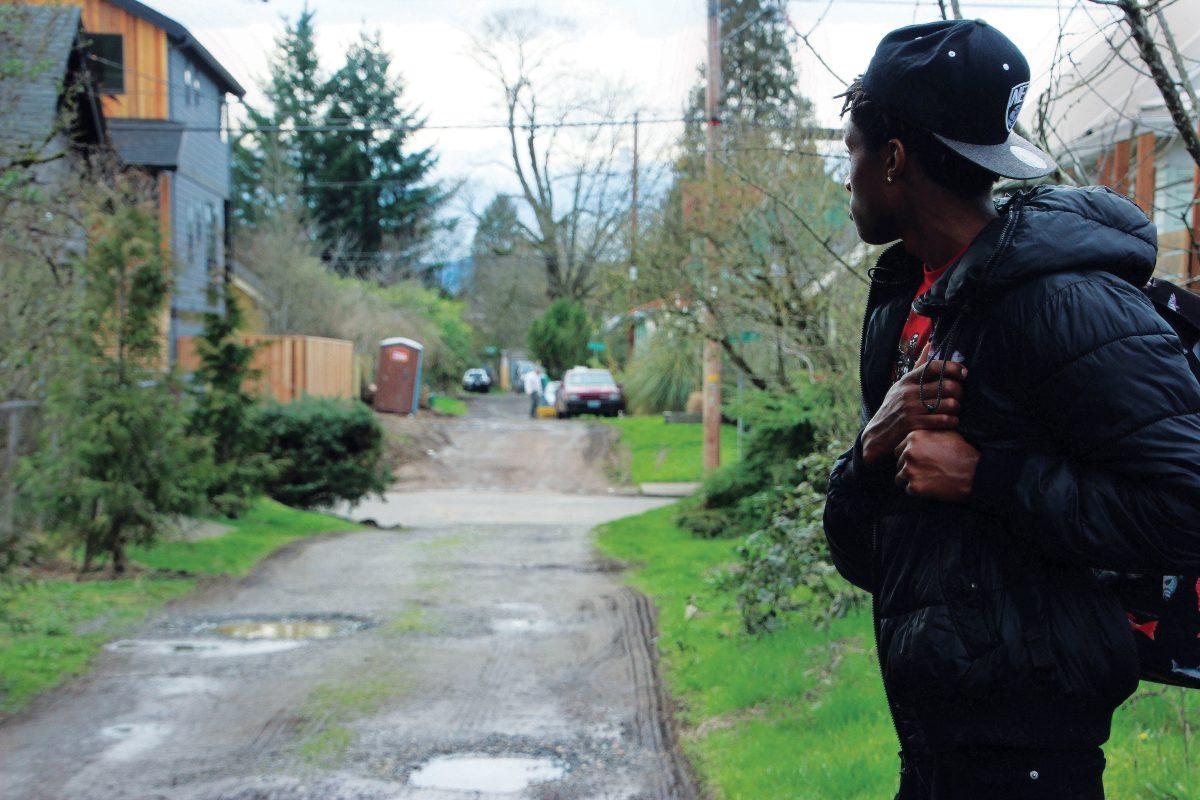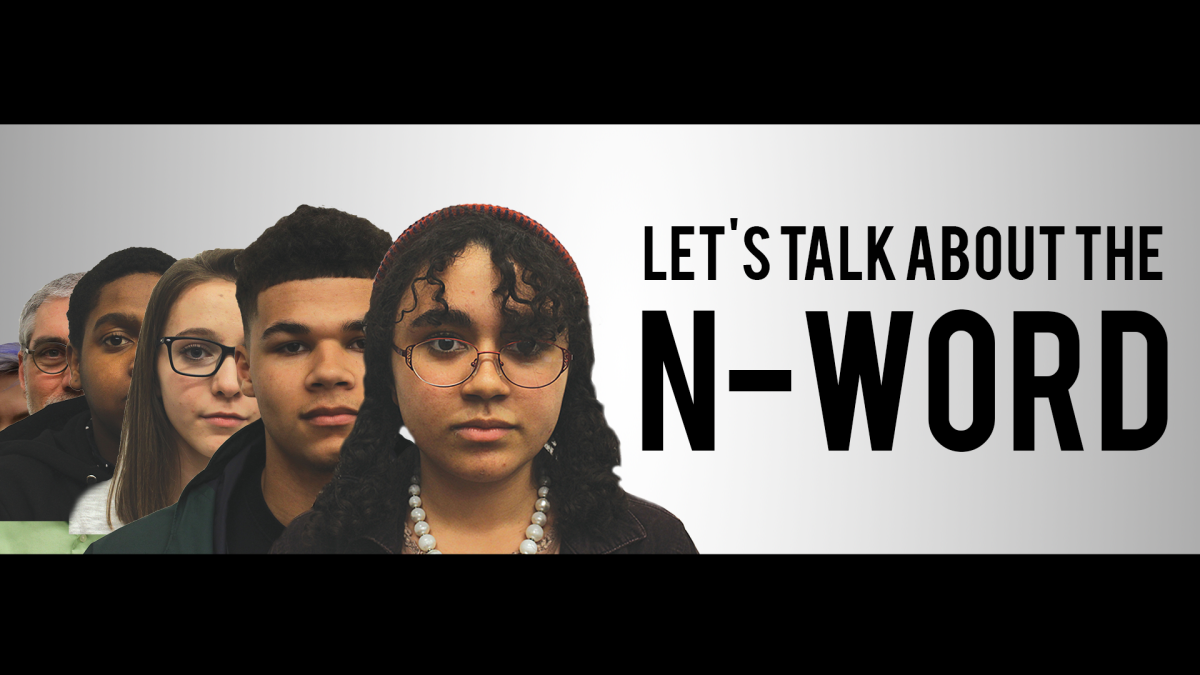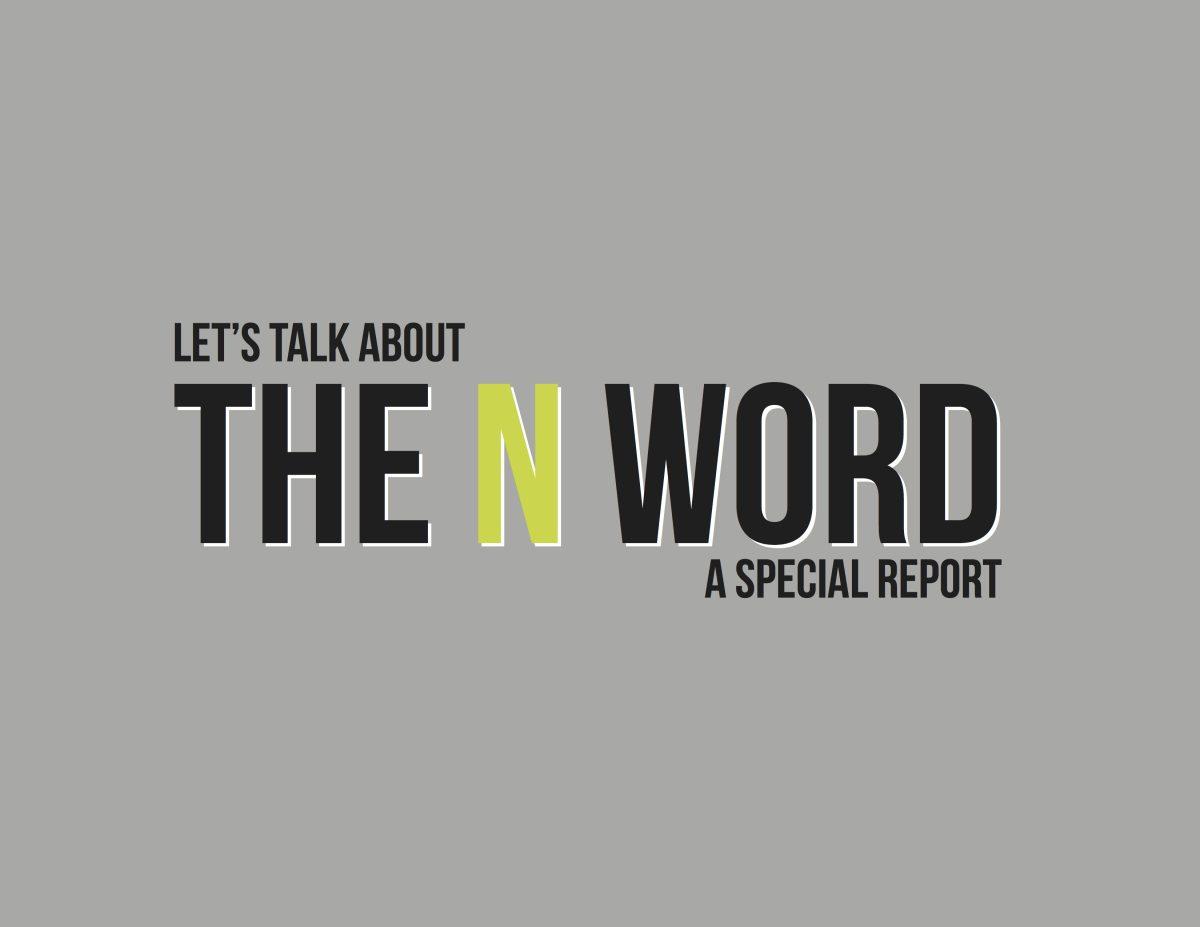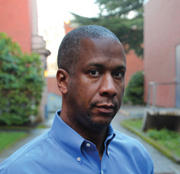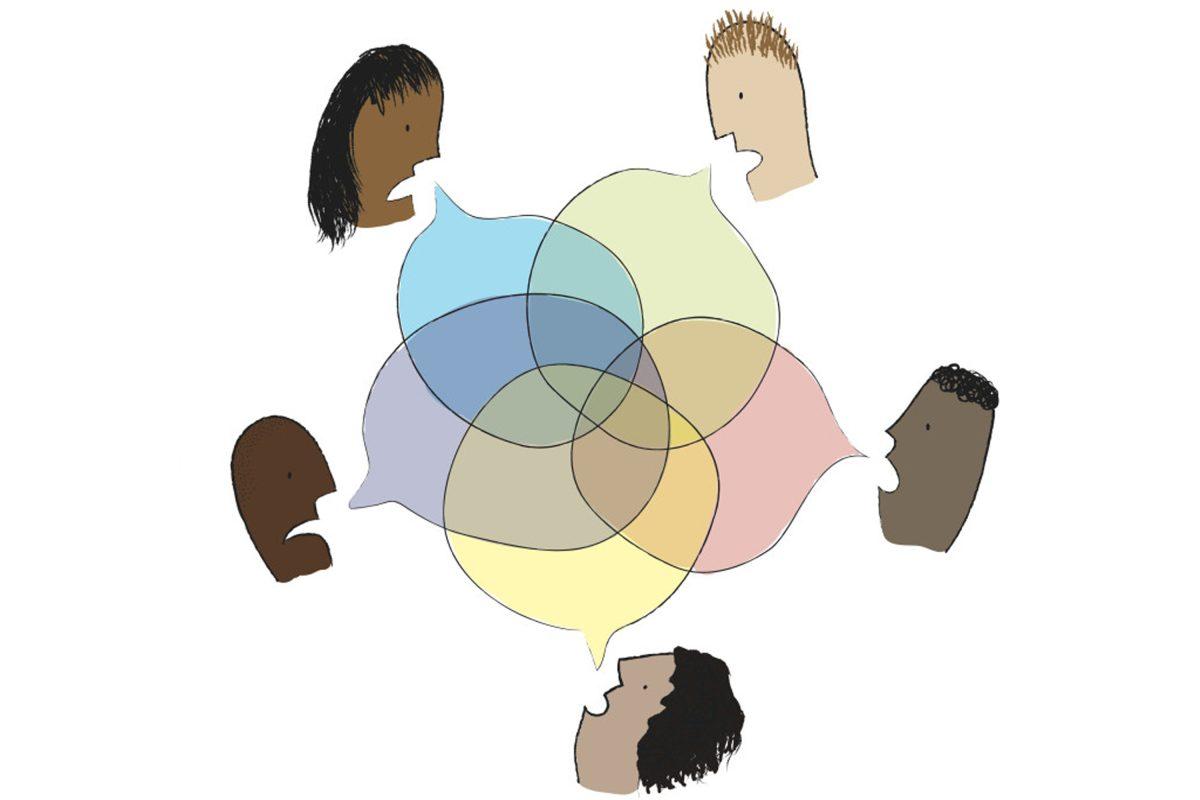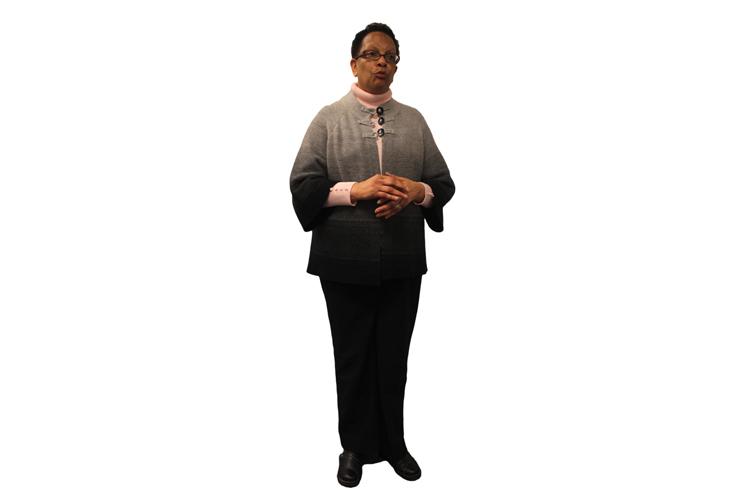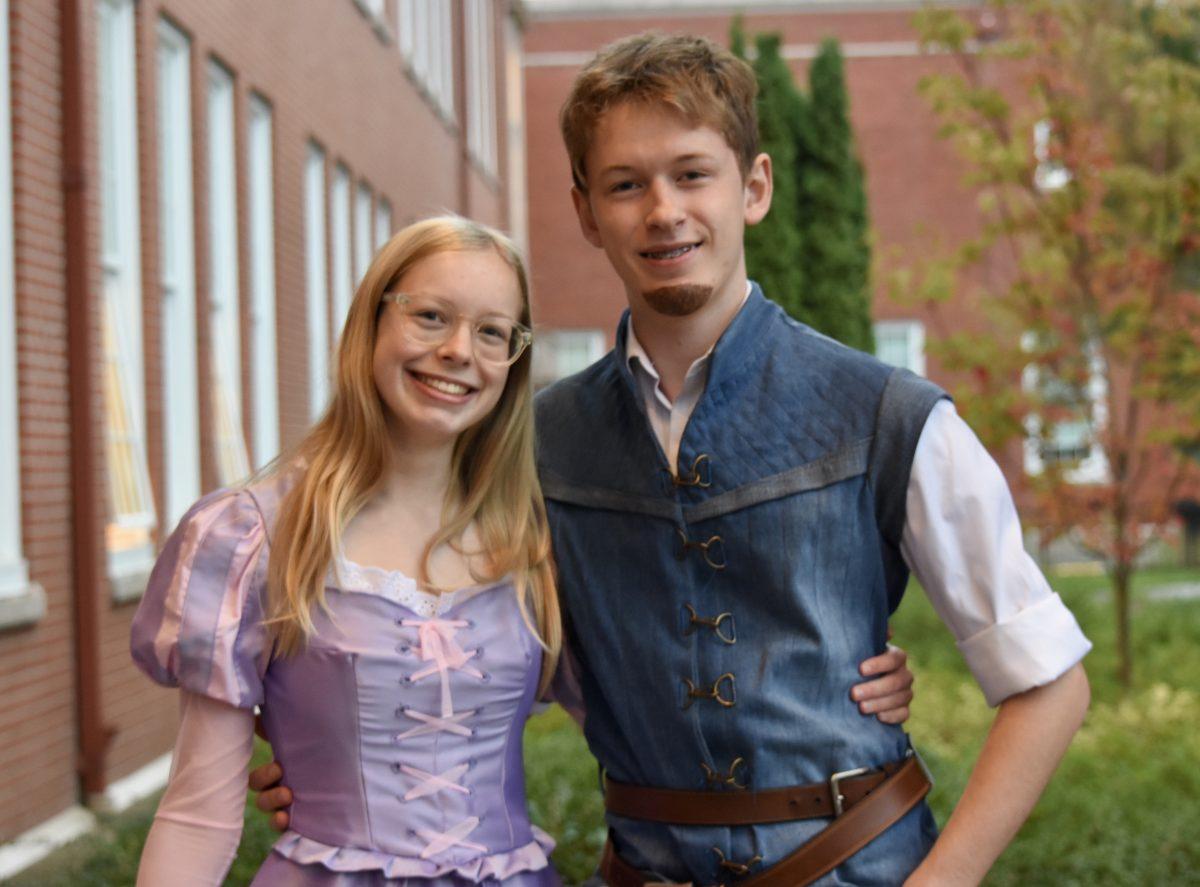Members of the Grant community recall how the N-word has affected their lives.
[aesop_image imgwidth=”500″ img=”https://grantmagazine.com/wp-content/uploads/2016/02/IMG_4700.jpg” align=”center” lightbox=”on” caption=”
Rahsaan Islam, 18, senior
” captionposition=”left”]
“This was about two years ago. It was three of us. I was messing around a bit, and then I like tipped something over in front of (someone’s) house. We didn’t think they’d think nothing of it, so we were walking down Alberta Street, and that’s when they pulled up in a car and started chasing us. They were grown men, like 20s or 30s, all white. We just broke down this alleyway, and they were calling us the N-word and stuff. Like,‘Get that N-word’ or whatever and then they got one of my friends; they beat him up. I ran through the alley and they didn’t catch the rest of us. I called the police myself, and that didn’t help at all because they shifted the blame on us. Like they tried to turn the whole story around, and we were like,‘This is a problem,’ and they didn’t care about it. There was no type of justice. They got away with it.”
– Interview and photo by Cassius Pettit
[aesop_image imgwidth=”500″ img=”https://grantmagazine.com/wp-content/uploads/2016/02/TrippForIndex.jpg” align=”center” lightbox=”on” caption=”
Tearale Triplett, 46, counselor
” captionposition=”left”]
“I grew up with a lot of social consciousness, as well as pride for who I was as a black person. The first time I experienced…the personal attack with the word was when I was about 15. I saw it all over my locker and upon seeing it, I felt pretty violated, honestly, that that person or group of people would target my locker…and not have the guts to say it to my face…I was in high school, so a group of friends and I settled matters, if you know what I mean…I’m in no way, shape or form endorsing any kind of physical reaction. But that’s kind of just where we were as kids, and it was quite shocking to the group, as well.”
– Interview by Blu Midyett | Photo by Eliza Kamerling-Brown
[aesop_image imgwidth=”500″ img=”https://grantmagazine.com/wp-content/uploads/2016/02/AAS-2.jpg” align=”center” lightbox=”on” caption=”
Andrea Alvarado, 18, senior (left) Alejandra Alvarado, 17, junior (center) Sophia Ferere, 20, Portland State University junior (far right)
” captionposition=”left”]
Andrea: “I use the N-word, but it’s not often…and when I do it’s…in a context where people know that I’m…not using it as a way to insult someone…but there are some people who do feel insulted.”
Alejandra: “I think though we’re not black, we also have gone through the same struggles and have our own…names that we’re called and that some people use. With the N-word, you can change it from something completely negative to something completely positive…I think…it’s owned by…the whole minority group together.”
Sophia: “They know I don’t like the N-word…Ever since they met me, they’re very open about it and I’m OK with that, but it makes me uncomfortable…I don’t say it, and I don’t want other people to say it around me.”
– Interview and photo by Eliza Kamerling-Brown
[aesop_image imgwidth=”500″ img=”https://grantmagazine.com/wp-content/uploads/2016/02/Using.jpg” align=”center” lightbox=”on” caption=”
Téa Johnson, 17, junior
” captionposition=”left”]
“I had gotten to school early and a bunch of my friends were hanging out in the hall, so I joined them. There was a group of black males on the stairs. I don’t remember what they were doing, but they said something that’s technically grammatically incorrect. One of the boys in my group that I didn’t really know that well called them all, not to their faces but to us, the N-word. He turned to us and was making fun of their grammar. I was really shocked. I was like ‘You can’t really say that,’ and he said ‘Why, if they can say it I can say it.’ I’m like,‘No, you’re white, so you can’t; that’s not how it works.’ And he said that I was being racist toward white people. It struck me as so odd, and it still strikes me as odd that someone could use a word that has been used to like systematically degrade black people, directly towards black people, and not see that they are being racist.”
– Interview and photo by Finn Hawley-Blue
[aesop_image imgwidth=”500″ img=”https://grantmagazine.com/wp-content/uploads/2016/02/IMG_4905.jpg” align=”center” lightbox=”on” caption=”
Calvin Scott, 18, senior
” captionposition=”left”]
“So, there’s Xbox, and then there’s Xbox Live where you can talk to other people online and like play your games. And it’s the Internet, so people just are reckless and they say whatever they please because they have more power to say what they want without getting in trouble. I was laying in my room with a headset on, playing Xbox. I got a good kill or something, and then someone just called me the N-word. I was a little upset because you can’t really do anything about it except for just either respond with an insult or just sit there with the mic on. They could’ve easily used another word, but that’s the word they chose. I’m not sure if they knew that I was black or not. It’s a problem that people are just using that as a normal insult.”
– Interview and photo by Cassius Pettit





























